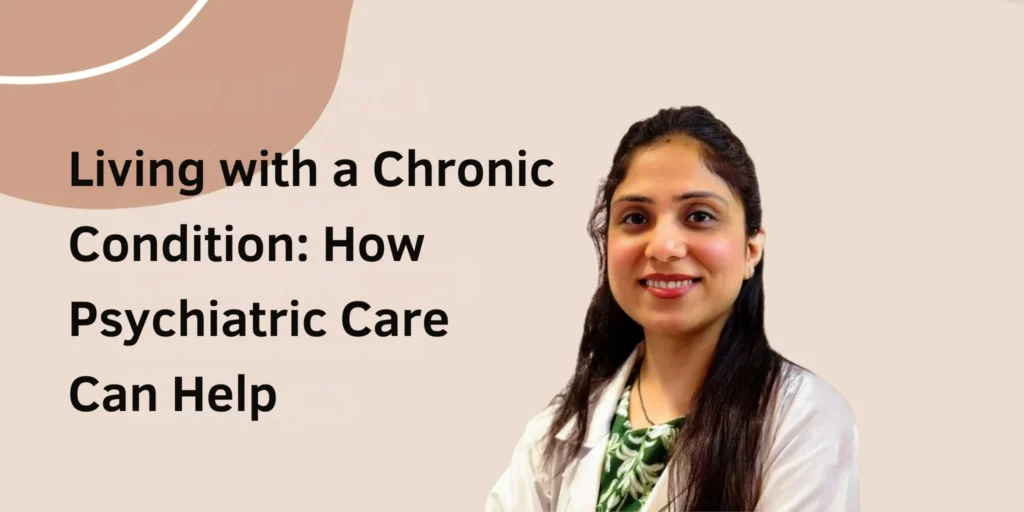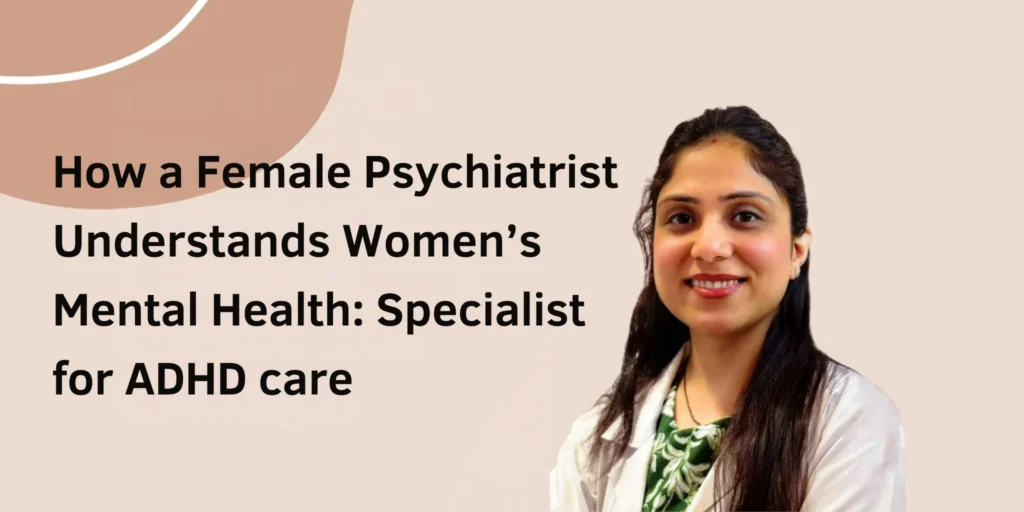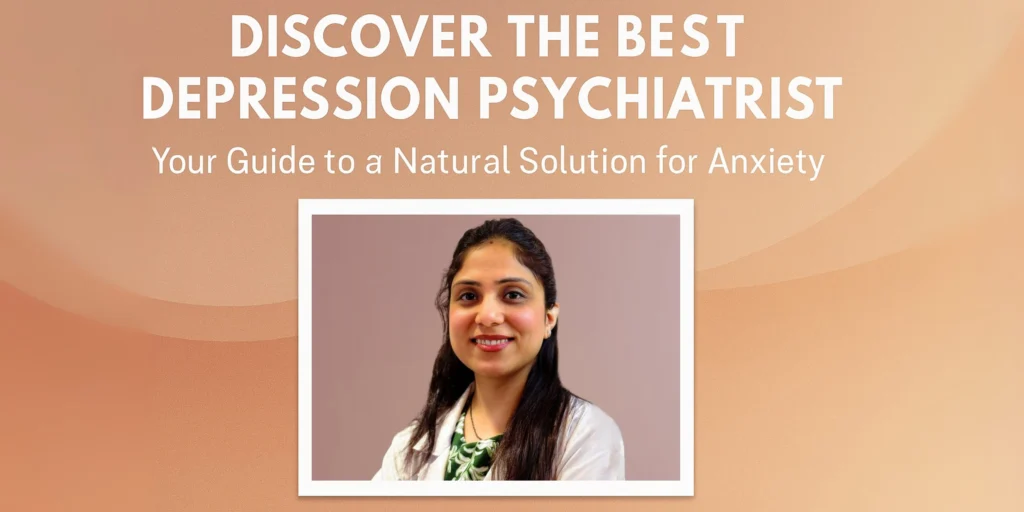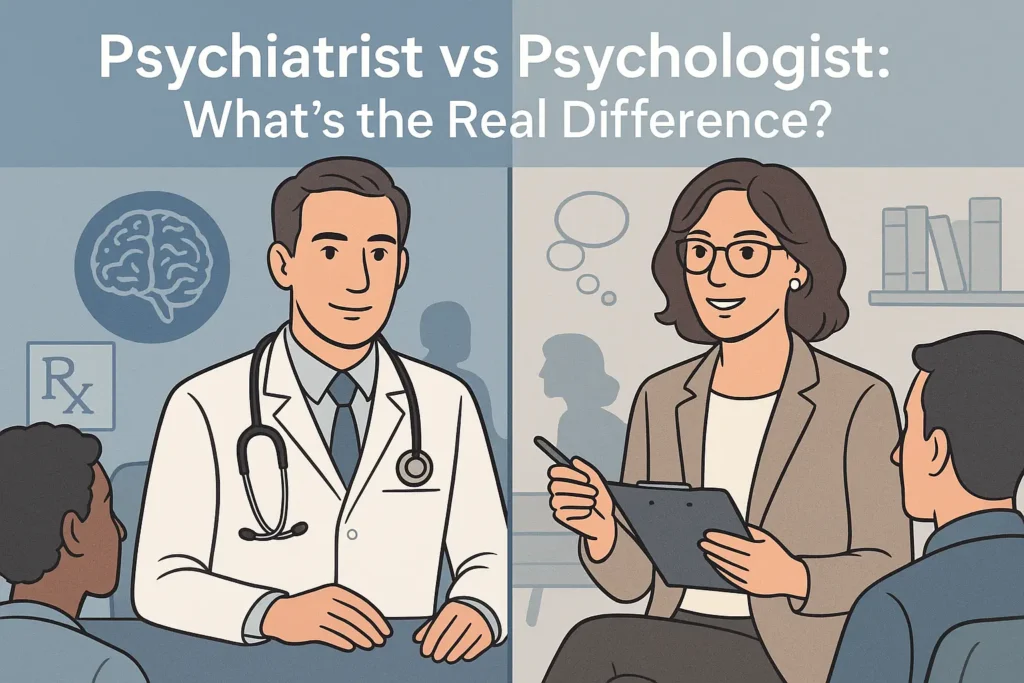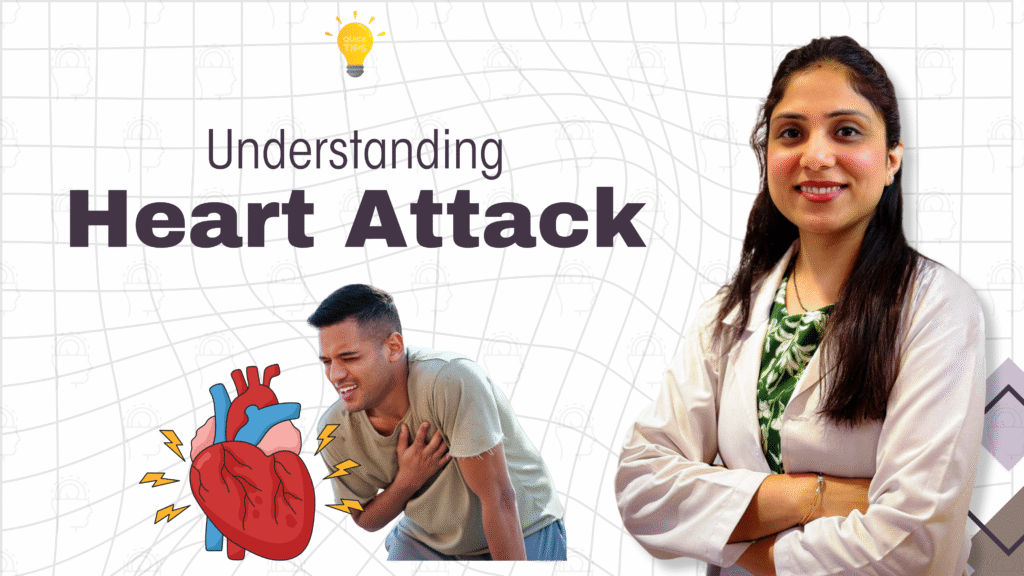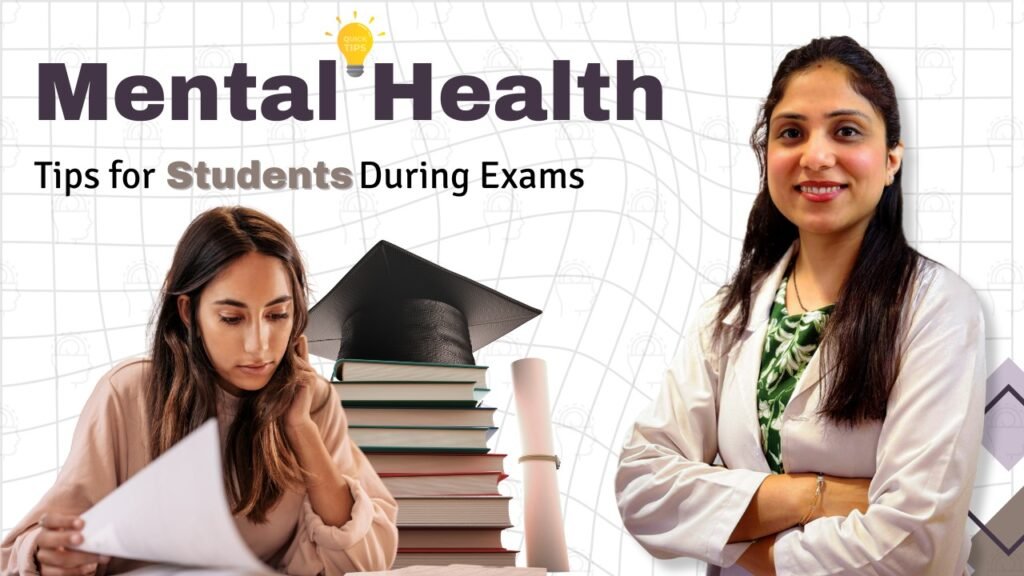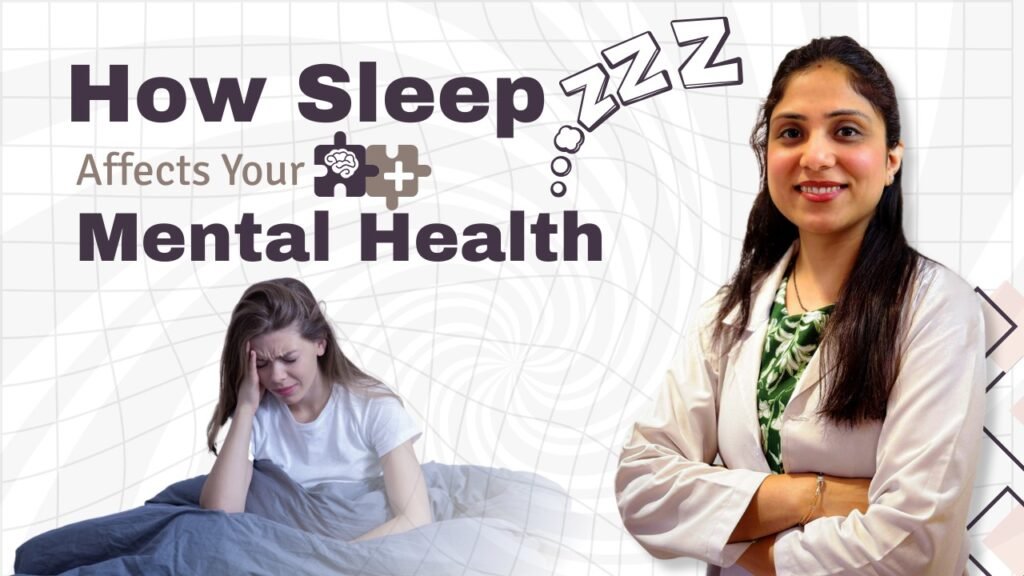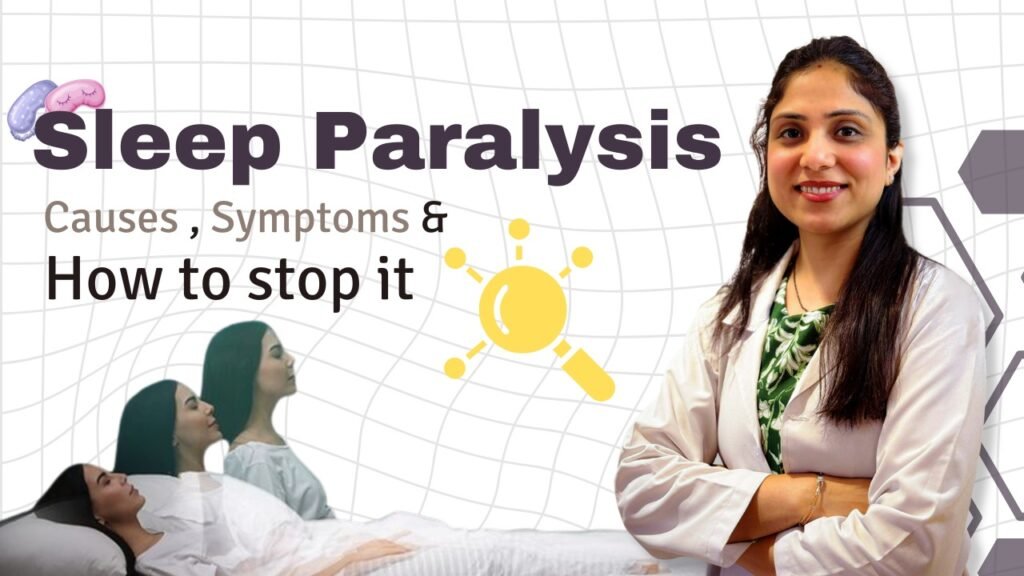Struggling with Low Mood? Here’s How the Best Depression Psychiatrist Can Help
When Low Mood Feels Like a Heavy Cloud We all experience sad days — but when that low mood lingers for weeks, drains your energy, and makes simple tasks feel exhausting, it could be more than just sadness. It could be depression. The good news? With the right help, recovery is absolutely possible.A depression and anxiety doctor can help you understand what’s really going on in your mind, find effective solutions, and help you feel like yourself again. If you’ve been searching for the best depression psychiatrist, this guide will help you understand how professional psychiatric care can make all the difference. Understanding Depression and Anxiety Depression and anxiety often appear together. While depression makes you feel low, tired, and disinterested, anxiety makes you feel restless, worried, and tense. You may notice: Trouble sleeping or oversleeping Loss of appetite or overeating Fatigue and poor concentration Irritability or hopelessness Physical symptoms like headaches or chest tightness If these symptoms persist, it’s time to reach out to a depression anxiety doctor. Remember — seeking help isn’t weakness; it’s the first step toward healing. How the Best Depression Psychiatrist Can Help A psychiatrist is a qualified medical doctor who specializes in mental health. The best depression psychiatrist doesn’t just prescribe medication — they look at your emotional, physical, and social well-being holistically. 1. Accurate Diagnosis Depression can look different for everyone. A psychiatrist will evaluate your symptoms, medical history, and emotional patterns to give a personalised diagnosis — whether it’s major depressive disorder, anxiety, or ADHD-related mood issues. 2. Personalized Treatment Plans Each person’s brain chemistry is unique. A skilled psychiatrist creates a customized treatment plan, which may include: Medication (if needed) Cognitive-behavioral therapy (CBT) Lifestyle and sleep modifications Mindfulness and stress management techniques 3. Natural & Holistic Approaches If you prefer natural solutions for anxiety and depression, your psychiatrist may guide you toward: Nutritional balance (Omega-3s, Vitamin D, Magnesium) Exercise and yoga for endorphin release Meditation and breathing practices Sleep hygiene routinesThese evidence-based, natural solutions can significantly enhance recovery. 4. Emotional Support & Talk Therapy Talking through your emotions in a safe, judgment-free space helps you gain clarity, release pain, and rebuild confidence. Many patients find this the most healing part of their journey. Why Choosing a Female Psychiatrist Can Be Empowering Mental health struggles can feel deeply personal. For many, talking to a female psychiatrist feels more comfortable — especially when dealing with sensitive topics like hormonal mood changes, postpartum depression, or trauma. A compassionate, female perspective often helps build trust and emotional safety, making it easier to open up and heal. What to Expect in Your First Consultation Your first visit with a depression psychiatrist is relaxed and confidential. You’ll discuss: Your symptoms and medical history Current stressors and lifestyle patterns Sleep, diet, and emotional habits The psychiatrist may then suggest a step-by-step plan — starting with small, practical changes and, if necessary, medication or therapy. Natural Lifestyle Tips for Managing Depression & Anxiety Even alongside medical care, simple daily habits can make a huge difference: 🌿 Exercise: 30 minutes of walking or yoga daily ☀️ Sunlight: Boosts Vitamin D and mood 🥗 Balanced Diet: Eat whole foods, fruits, and omega-rich fats 🧘♀️ Mindfulness: Deep breathing, gratitude journaling 💬 Social Support: Stay connected with loved ones Real-Life Example: How Psychiatric Care Transforms Lives Riya, 28, a software engineer in Delhi, felt constantly tired, anxious, and unmotivated. She tried to manage it herself — until she consulted the best depression psychiatrist in Delhi. Through therapy, mindfulness, and medication, she regained her focus, rebuilt her confidence, and returned to a healthy routine. You too can find that balance — with professional help, patience, and self-care. When to seek help Immediately If you or someone you love experiences: Continuous sadness or irritability Sleep or appetite changes Loss of interest in life Thoughts of self-harm Don’t wait. Reach out to the best depression psychiatrist near you or call a local helpline. Early intervention saves lives. Conclusion: Healing Starts with One Step Depression and anxiety are treatable, not permanent. With the right guidance from the best depression psychiatrist, you can rebuild emotional strength, clarity, and happiness. Whether you’re looking for a female psychiatrist, a specialist for ADHD, or natural solutions for anxiety, expert psychiatric care helps you find balance again — mind, body, and soul. You don’t have to face it alone. The first step toward healing is asking for help — and that step can change everything. 🌿 Book a consultation today with the Best Depression Psychiatrist to begin your journey toward mental wellness and peace of mind.



